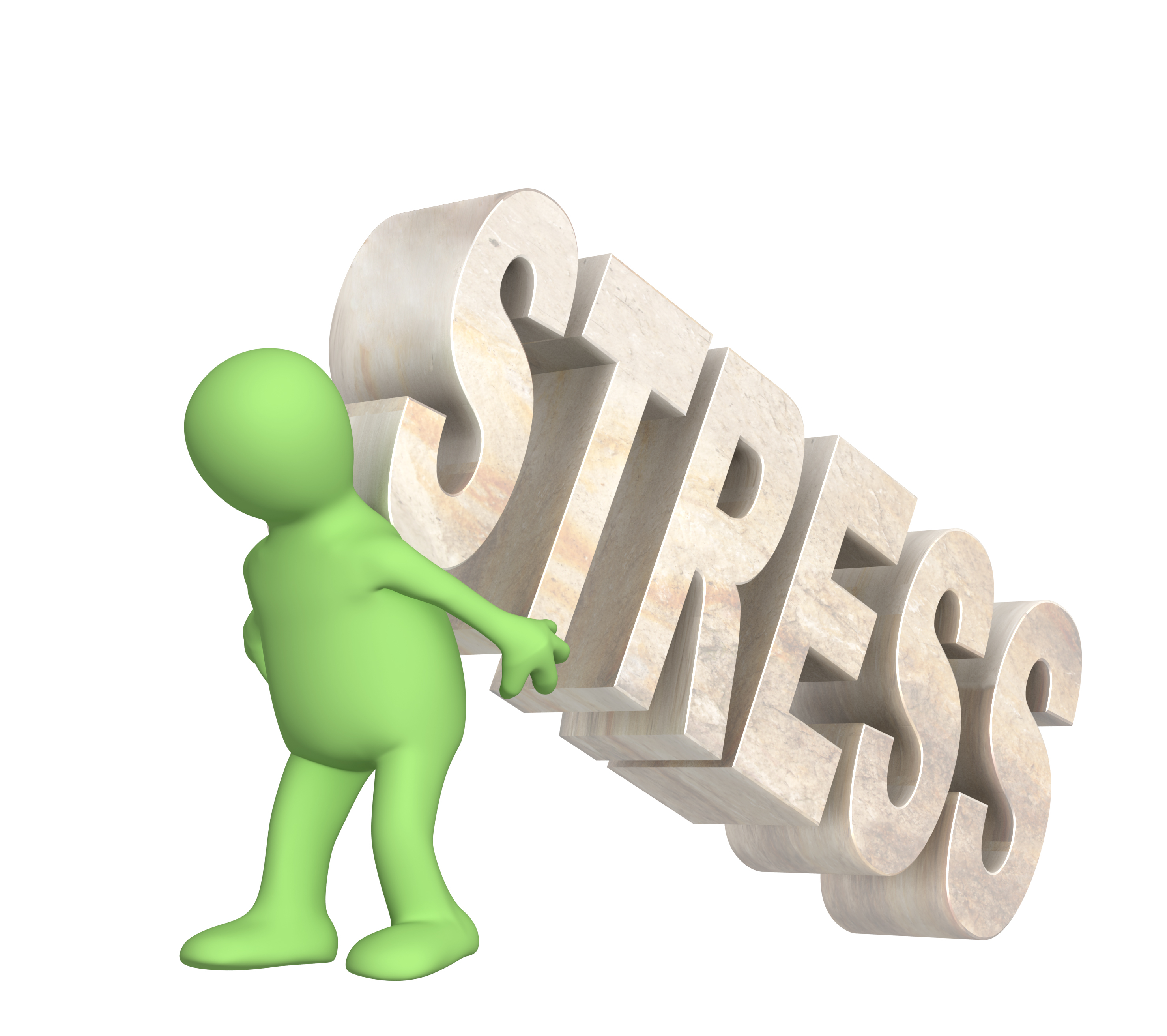
We all at some point in our life are presented with a stressful situation. Sometimes the stress is a good stress (eustress) like trying out to make a sports team, and then there is the stress (distress) that makes us feel frustrated, overwhelmed, or unmotivated. The beautiful thing about our bodies is that they are set up to handle both the good and bad stress we experience. However, when a stressful situation is prolonged, and does not have a clear end in sight, this is called chronic stress, and it can have a significant impact on our psychological and physical health.
The body is constantly working to maintain a physiological state of internal balance known as homeostasis. When there is a disruption to homeostasis, the body goes through an adaptation to the stress called General Adaption Syndrome, or GAS (founded by scientist, Hans Selye in 1950). There are three stages to GAS: Alarm, Resistance, and Exhaustion.
Alarm is your fight or flight response to the situation. The sympathetic-adrenal-medullary system and the hypothalamus -pituitary-adrenal system work together and activate the stress hormone, cortisol, to try to get the body back into balance. It is temporary stress and is typically resolved quickly.
If the stress persists, then the body goes into the resistance stage where cortisol levels are intensified to try to get the body back to homeostasis.
Lastly, if the stress is not resolved through the alarm stage or resistance stage, it goes into the exhaustion stage. The body can no longer provide resources to get rid of stress and this is where chronic stress starts to develop and has a negative effect on our body and mind (to learn more on how the body reacts to stress in these stages, you can visit: General Adaptation Syndrome (GAS): Stages and Triggers (verywellhealth.com)).
Chronic stress can be caused by several situations such as becoming a caregiver for a loved one suffering from a disease, losing a job due to disability, financial issues, etc. When a person is in a state of chronic stress, the body cannot properly adjust to the situation and begins to shut down. Chronic stress is linked to many health issues that include, anxiety disorders, cardiovascular disease, depression, increased risk of osteoporosis, increased insulin resistance, chronic inflammation, gastrointestinal issues, weight gain, memory impairment, and headaches, just to name a few. Though this article is not meant to scare you, it is important to recognize how chronic stress can impact your health.
The good news is, with the right types of interventions, we can control stress, and get our bodies and mind back on track. If you notice that you are always under stress, it is time to take a step back and evaluate your current situation to figure out what is in your control to reduce your stress level. This might require the help of a professional like a therapist or health coach pending on what is currently causing your stress. The big thing is to identify what is in your control to change in your life to lower your stress and once you make those changes, what can you do to keep your stress under control.
A few healthy options to help manage stress before it becomes chronic are to do mindful movements like yoga or going for a walk. You can meditate, and practice breathing techniques like box breathing (you can find more about box breathing here: Box Breathing to Ease the Mind and Body (thefitspace.com) Consuming good foods can help lower your stress level (You can read more about heathy food options to lower stress here: Stress seminar (thefitspace.com). Studies have shown that if you are able to calm your mind and take yourself away from the stressful situation, even just for a little bit, it can calm the cortisol hormone down to help get your body get back to homeostasis.
If you find that these do not help you in your current situation, seek professional help. Not only will a professional be able to help you navigate how to lower your stress, but they can also give you the tools you need in the future to keep the stress under control.
Article written by Lisa Fisher, Certified Health Coach and Personal Trainer.

